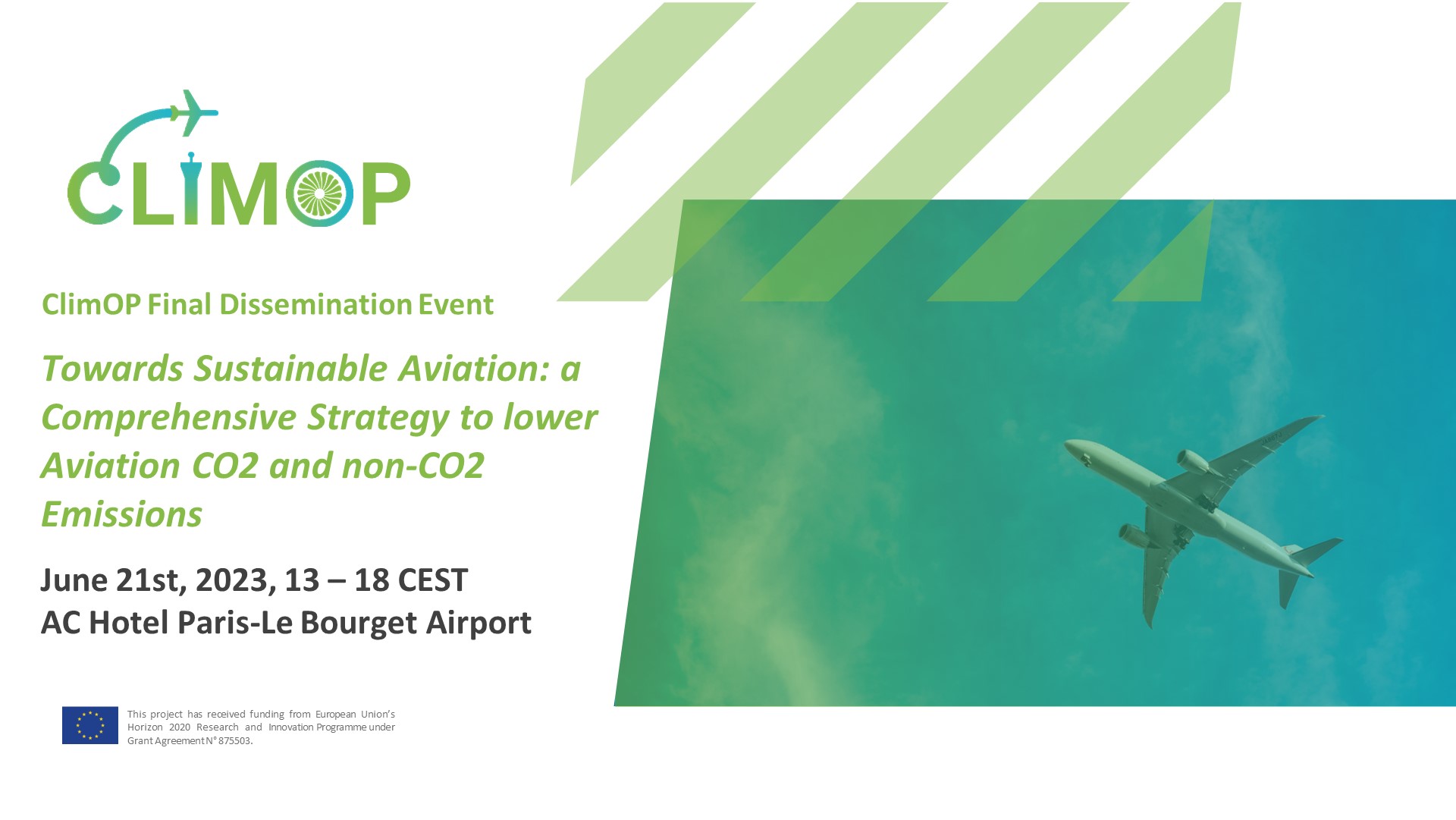Climate change is an urgent topic in all agendas around the world as its consequences become more and more evident to everyone’s eyes. Raising temperatures, longer frost-free seasons and changes in precipitation patterns are the symptoms of an illness the world is facing due to greenhouses gases produced by human activities.
Raising the stakes of this crisis, the Intergovernmental Panel on Climate Change (IPCC), the United Nations body for assessing the science related to climate change, has recently forecasted a temperature rise of 1.5 to 5 degrees Celsius over the next century. The EU has taken the climate crisis more seriously than anyone else, stating wide packages of reformations to invert the trend of net greenhouse gas emissions by at least 55% by 2030.
Fighting climate change through more efficient infrastructure
Among the initiatives funded by the EU to reduce greenhouses gases emissions, the ClimOP project started in early 2020 to reduce the share of CO2 and non-CO2 emissions produced by the aviation sector. The International Consortium of the EU funded project is developing a set of mitigation strategies that combine the most promising operational improvements to decrease the climate impact of aviation. The mitigation strategies aim to define a set of actions that will help policymakers identify the appropriate path to foster the adoption of the ClimOP greener operational improvements.
During the last two years, 9 operational improvements (OIs) passed several rounds of assessment, done by considering the impact such innovative procedures have on climate and the aviation stakeholders, especially from a technical, operational, economical, safety, and human performance point of view. Among those aviation operations, promising benefits may be achievable by upgrading existing airport infrastructure with more energy-efficient devices, for example with thermally-insulating material or led lights. The work done in the ClimOP project stimulated some partners that started thinking about how to help the infrastructural sector to adapt and mitigate the impact of the climate crisis.
A training course for Italian Critical Infrastructure

To slow down the pace of environmental changes and prepare the society to react, Deep Blue and Amigo used the knowledge from the airport infrastructure OI to design a training course on “Climate Services for Italian Critical Infrastructure”. The ClimOP project sponsored the activity to make the results produced in the project available to the public and boost the resilience of those infrastructures that are essential for the correct functioning of the entire Country (such as airports, railways, gas pipelines, etc).
The training course raised awareness on the consequences of the climate crisis in the infrastructure system, introducing the vocabulary related to climate change, and the added value that climate services could bring into the market. The Italian norms and policies were also described to give the organizations attending the context where to act. Then, the trainees introduced the funding opportunities at a European and Italian level to help the companies find the resources needed to adapt and mitigate the impact of climate change.
Among the attendees, representatives from the Energy, Highways and Rail sectors confirmed the high interest of the Italian critical infrastructure to take action against climate change. The success of the first edition spread a positive attitude among the ClimOP partners who are already planning another workshop to improve the resilience of critical infrastructures.
Keep following the ClimOP social media so as not to lose the upcoming events!




